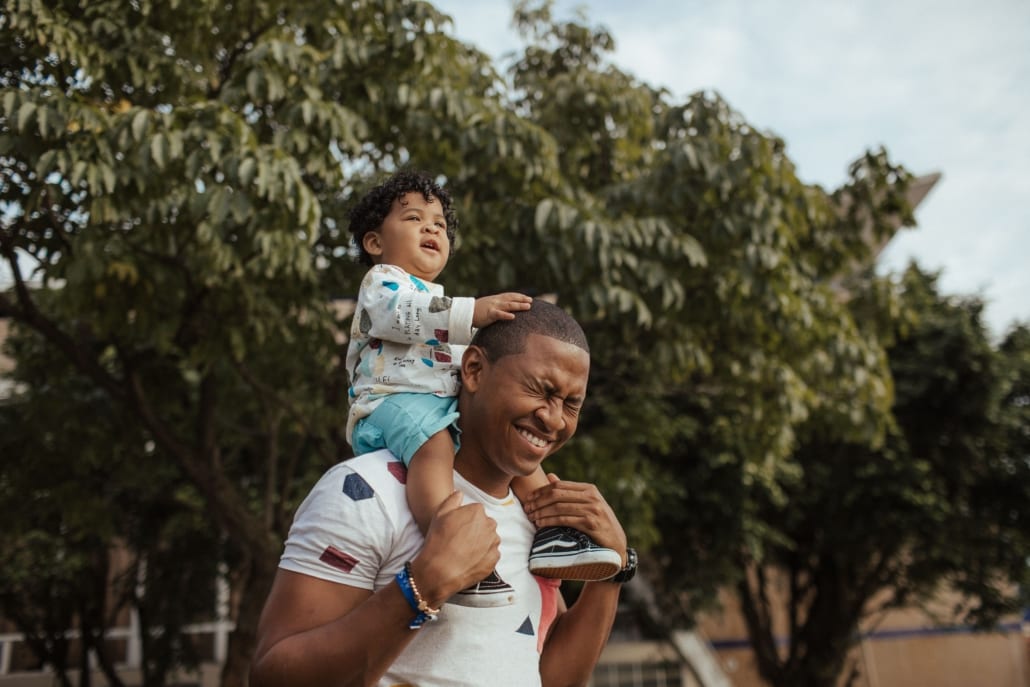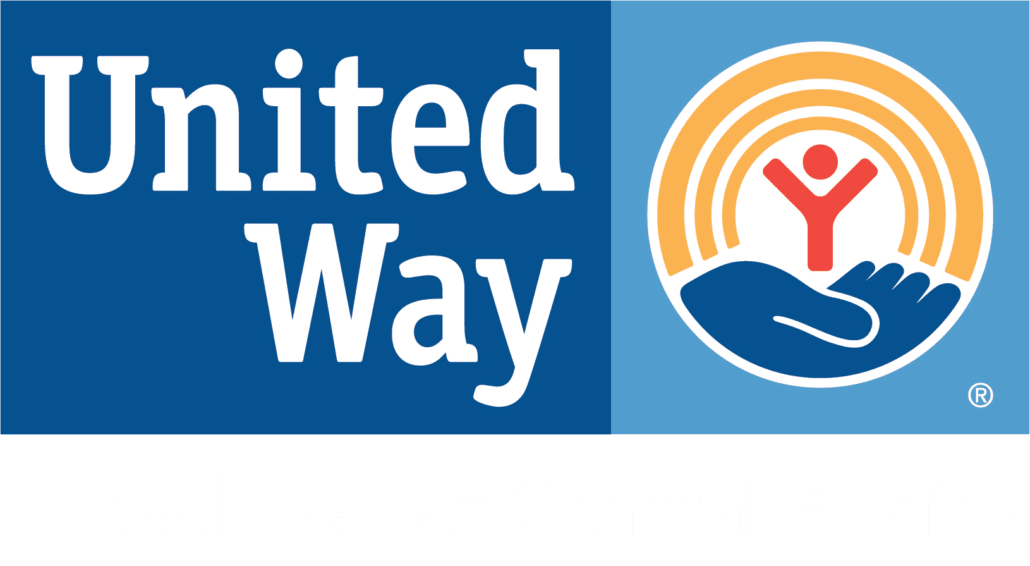Article submitted by Jordan Diacheysn, United Way of Central Florida Visitation Coordinator
As protests fill the streets, as timelines are flooded with violence and fear, as one injustice after another comes to light, so many people are left wondering, “What can I do?” It is heartening to see people joining hands to build up their communities, to think that even after the fires die down, the embers will still burn and the impact will live on.
Abuse, fear, and power struggles are cyclical. As people are subjected to abuse and stricken with fear, their desire for control climbs ever higher.
To the thousands of Florida children in out-of-home and foster care, uncertainty is their only certainty. As they move from one house to another, as they wait, powerless, for their families to be reunified, their development, school performance, and self-image take a hit. And their struggles don’t go away after reunification; children with experience in the foster system are shown to have these psychosocial difficulties into adulthood. They can become the adults who crave power and control and contribute to these cycles of abuse we see playing out on the news. By rebuilding separated and struggling families, the cycle can be slowed.
To help end that cycle, Family Fundamentals hosts Supervised Visitation between parents and children involved in the dependency system. The safety and stability of the program site’s structured setting allow the family to focus on what matters: how they interact with each other and how to develop healthy, happy bonds.
With a neutral, trained supervisor, the visiting parent can receive real-time guidance, instruction, and education without the worry of personal biases or ulterior motives. The child can know that they are safe and have support as they navigate the confusion that sometimes comes with parent-child visitation after removal from the home. Case managers can trust that they will receive accurate, objective reporting of how the visits progress as they work with the family and the court to determine when reunification is appropriate.
When child safety is threatened and requires the division of a family, supervised visitation programs are an essential part of bringing the family back together in a timely, safe manner.
Supervised visitation may help to strengthen communities by repairing fragmented families, but it cannot stand alone! The circumstances which lead to this fragmentation – the unstable housing, unemployment and insufficient income, inadequate medical and mental healthcare, and the cycles of abuse and addiction – must also be addressed if we hope to heal our communities as a whole.
To learn more about what you can do to support your community, check out the UWCF’s Volunteer opportunities and consider donating to support the many initiatives that fund essential programs in our community.
References
Beck-sander, A. (1995). Childhood Abuse in Adult Offenders: The Role of Control in Perpetuating Cycles of Abuse. The Journal of Forensic Psychiatry, 6(3), 486-498.
Gypen, L., Vanderfaeille, J., De Maeyer, S., Belenger, L., & Van Holen, F. (2017). Outcomes of children who grew up in foster care: Systematic r-review. Children and Youth Services Review, 76, 74-83.





